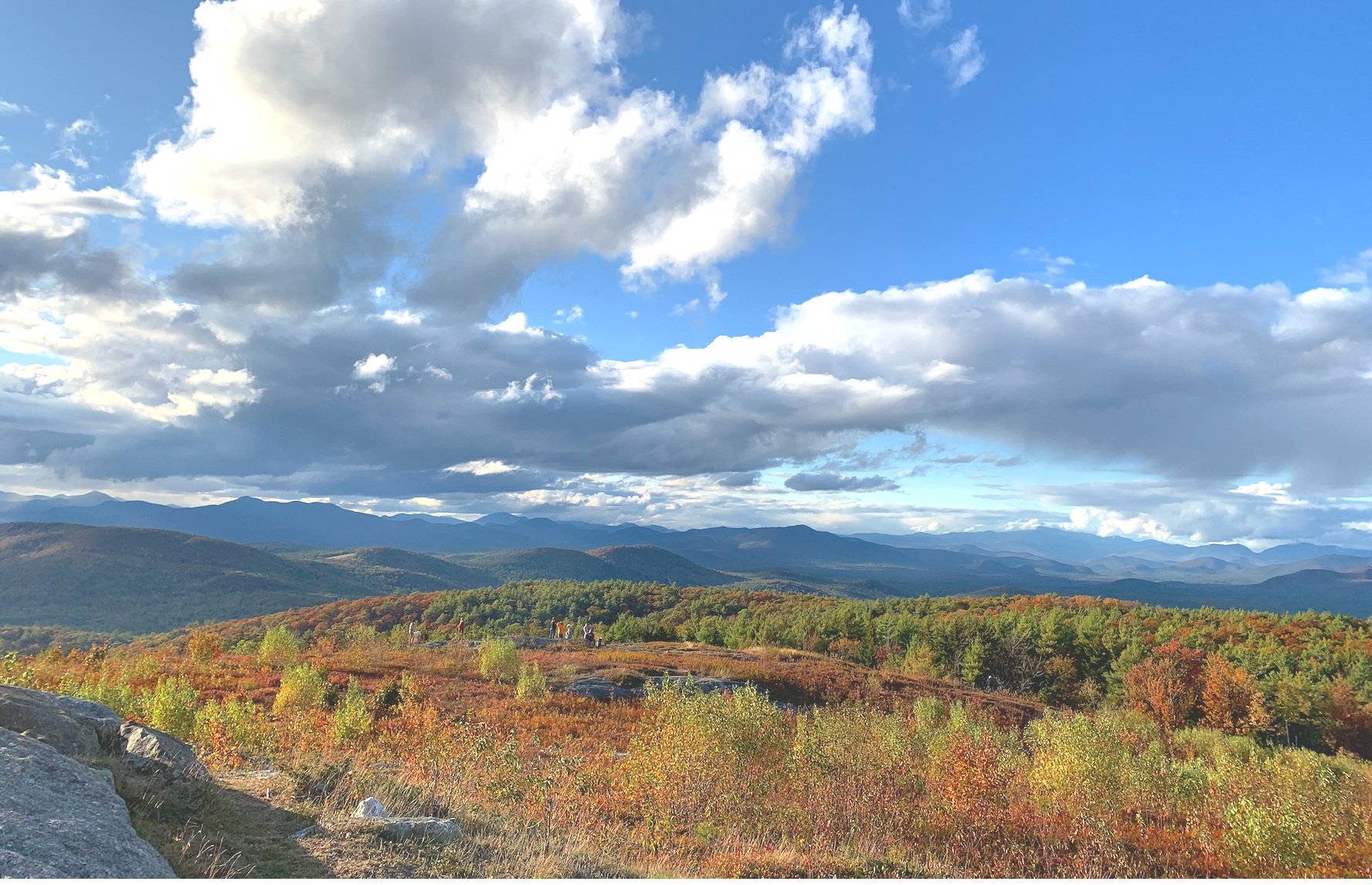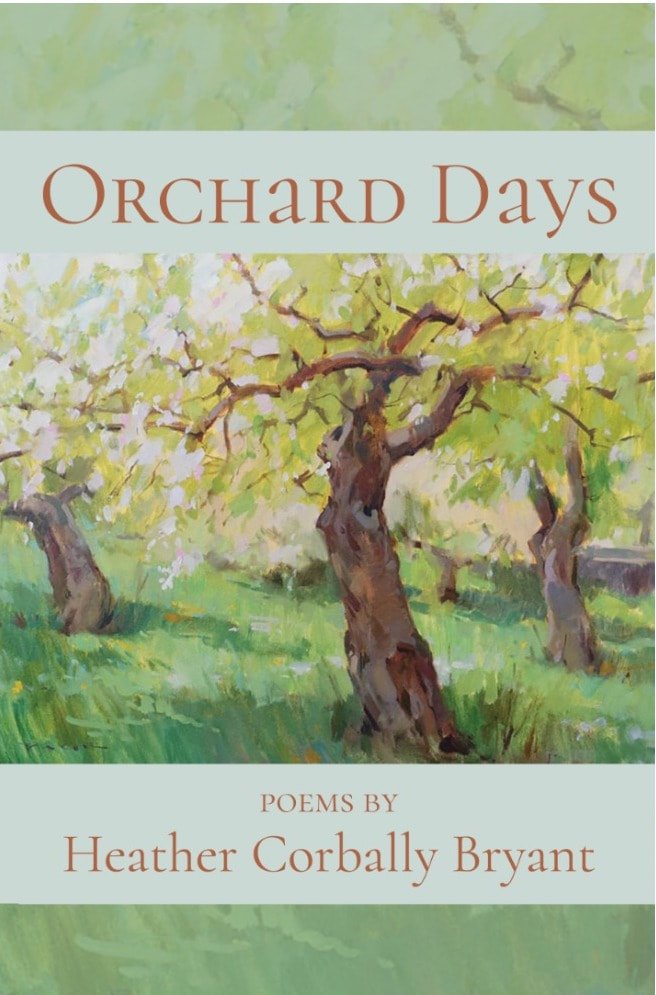
Heather Corbally Bryant is a poet, author, and teacher. New collection out now.

-

Orchard Days (2021)
-

Practicing Yoga in a Former Shoe Factory (2020)
-

Leaving Santorini (2019)
Pictured: Heather Corbally Bryant’s collection of daily poem notebooks.


